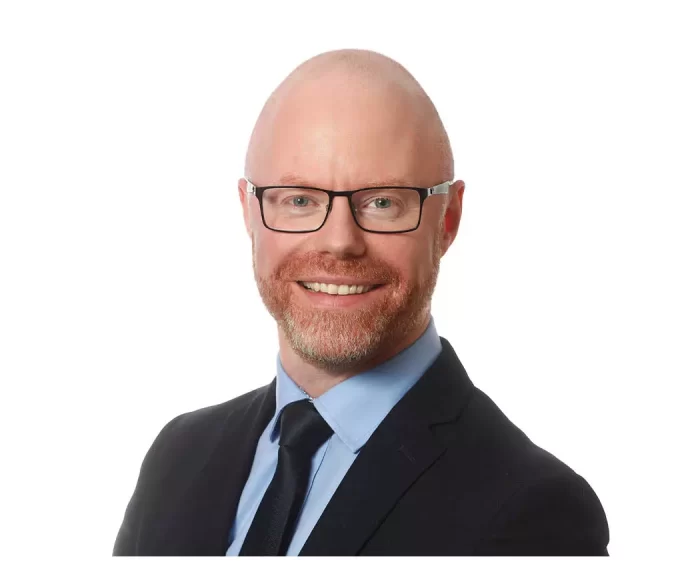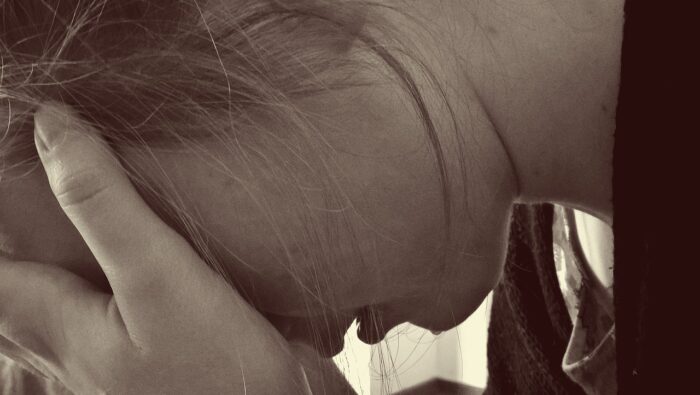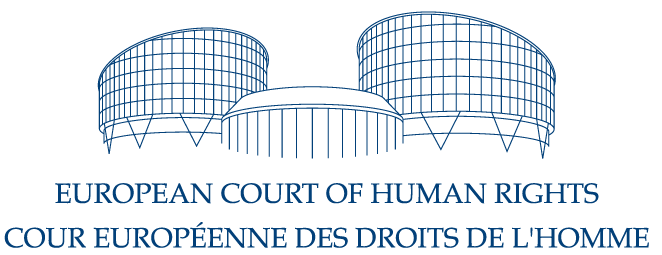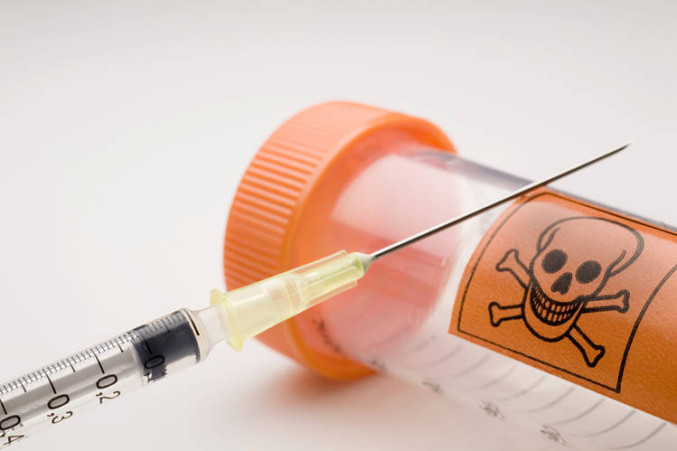
Those aged 34 and under do not know enough about issues around fertility and overestimate their ability to be able to conceive, the first ever Irish study shows.
A shift towards delayed age of first pregnancy has led to an increased need for Assisted Reproductive Techniques (ART).
The study, An Investigation into Fertility Awareness amongst the child-bearing population, carried out by the Department of Obstetrics and the National Perinatal Epidemiology Centre, Cork University Maternity Hospital, aimed to discover the knowledge and attitudes towards fertility.
The authors pointed out that the “predominant age group” of respondents was under 25 (at 44.8 per cent) while 24.1 per cent were those aged 30-34 years. Despite societal changes, the consequences of delaying child-bearing “cannot be ignored” they pointed out.
Women were more likely to think that the age of a man is an important factor affecting a couple’s fertility.
Men were more likely to report a progressive decrease in a woman’s ability to become pregnant over 35 years. They were also more likely to report that a woman’s weight affects fertility.

Proposed changes to the State’s abortion law might not be made until the new year, it has emerged.
While the Government is considering the recommendations of a report on the law, People Before Profit TD Bríd Smith has proposed a bill which would remove almost all restrictions from abortion.
This legislation will be tabled in the Dáil this week.
But instead of opposing it, the Government will seek a one-year timed amendment.
This will effectively stall its progression through the Oireachtas for 12 months.
A senior Government source confirmed to the Irish Times that it could be the new year before the Coalition agrees what changes should be made to the current law, although it is possible that proposals could be ready in the autumn.
The abortion review recommended sweeping changes including the full decriminalisation of the procedure, the removal of the three-day waiting period, the introduction of a statutory obligation on doctors and nurses to perform abortions over and above any ethical objections that may have in conscience.

A judge has called for greater restrictions to prevent children accessing pornography as she sentenced a teenage boy to 18 months detention for the sexual assault of a young woman walking home alone in Cork.
Judge Catherine Staines said one disturbing element of the case was that the boy, who was aged 13 at the time of the crime, had been accessing hard-core pornography on his phone from the age of 11.
“It is shocking that this is available to vulnerable, impressionable young people. Clearly companies are making vast sums of money from selling pornographic material. More rigorous restrictions should be placed on them to prevent this harmful material being available to young children,” she said.

Private fertility clinics have been accused of upselling controversial “add ons” after one woman found optional extras had been included in her bill, according to a report in the Irish Independent.
That client told the newspaper she feels strongly that vulnerable people could be exploited by clinics who push expensive and often unproven extras as part of their fertility treatments.
She said that she was repeatedly asked if she would like to pay €150 to add “embryo glue” to her treatment package. Embryo glue is a substance added to embryos before transfer, as clinics claim it could improve the chance of an embryo implanting in the womb.
The UK’s Human Fertilisation and Embryology Authority says there is “conflicting evidence” that it improves a patient’s chances of having a baby.
The client declined it on her first attempt, but paid for it on a subsequent attempt, but declined it again on a 3rd attempt, the first that resulted in a healthy baby.
On one final occasion, she found that embryo glue was included in her bill as a “typical expected cost” of fertility treatment.

A faith-based adoption provider secured a second victory against New York state officials who tried to shut down their practice of placing infants with a married mother and father.
This follows a favourable settlement and a payment of $250,000 for attorneys’ fees in a related lawsuit settled last month.
In the second lawsuit—which challenged an attempt by a different New York state agency to punish New Hope Family Services for adhering to its religious convictions—New York officials agreed to pay an additional $25,000 in attorneys’ fees and costs, and broadly confirmed New Hope’s right to continue its critical work of placing infants in permanent homes without government harassment.
The New York Division of Human Rights threatened to investigate and penalize the Christian nonprofit because it places infants with couples consisting of a mother and father committed to each other in marriage.
“The state of New York was so determined to silence or destroy New Hope Family Services that it violated New Hope’s First Amendment rights and launched a barrage of unlawful and discriminatory attacks against the organization,” said ADF Senior Counsel Roger Brooks. “Thankfully, that harassment has come to an end”, he added.

One in four women have suffered ‘sexual violence’ as an adult from a partner or ex-partner, a survey from the Central Statistics Office (CSO) has found. The equivalent figure for adult men was 6 per cent. ‘Sexual violence’ is very broadly defined and includes everything from receiving unwanted sexual images to rape.
It also found big differences in reported sexual harassment, abuse and violence by social class, with 34 per cent of middle class women saying they have experienced one or more of these things compared with just 6 percent of working class women.
The survey, which was carried out in December, says that 2 per cent of respondents had suffered ‘sexual violence’ in the previous 12 months.
The survey also found that 29 per cent of women experienced ‘sexual violence’ as adults from a non-partner, as against 9 per cent for men.
For ‘sexual violence’ as an adult with a non-partner, the most prevalent location was a pub/club/disco for both men (30 per cent) and women (26 per cent).
Those aged 18-24 who experienced ‘sexual violence’ as an adult reported the highest level of experiencing it in the past 12 months, at 30 per cent of this age group. This compared with 4 per cent of those aged 65 and over.

A landmark case alleging disability discrimination in the UK’s abortion regime is going to the European Court of Human Rights.
The Court could find the UK’s current law, which allows abortion up to birth for Down’s syndrome and other genetic abnormalities, but not for those without disabilities, to be in violation of human rights.
That would set a legal precedent for all forty six countries that are members of the Council of Europe.
Heidi Crowter, a 27-year-old woman from Coventry who has Down’s syndrome is challenging the UK Government over the disability clause in the current law.
Currently in England, Wales and Scotland, there is a general 24-week time limit for abortion, but if the baby has a disability, including Down’s syndrome, or even a cleft lip and club foot, abortion is legal right up to birth.
There were 3,370 disability-selective abortions in 2021, a 9% increase from 3,083 in 2020. The number of late-term abortions at 24 weeks gestation or over where the baby has a disability increased by 20% from 229 to 274.
The UN Committee on the Rights of Persons with Disabilities has consistently criticised countries that provide for abortion on the basis of disability.

The fastest-growing kind of family in the UK is one featuring an unmarried cohabiting couple.
Nearly one in five families, or 19 per cent, are made up of those living together but not married, with or without children. There were 3.6 million such families in 2022, an increase of 700,000 from 2.9 million in 2012.
The Office for National Statistics (ONS) said this “accounted for almost three-quarters of the total growth in the number of families in the UK over the ten-year period”.
Married-couple families remained the most common type, accounting for 65 per cent.

Staff at the country’s largest Catholic university, Mary Immaculate College (MIC) in Limerick, say they feel “very much in the dark” over a process that could see them further subsumed into the University of Limerick (UL).
Fears have been expressed that any move on the future of the college could dilute the Catholic identity of the institution.
Correspondence obtained by The Irish Catholic reveals that MIC staff are concerned about a perceived lack of information over a proposed “structural alignment” with UL.
The move has been described as potentially “one of the most important strategic developments” in the college’s 125 year history by governing authority, including chairman Bishop Brendan Leahy.
Negotiations between the two institutions are ongoing, but “there is no formal record” as the negotiating teams agreed their meetings shouldn’t be minuted, according correspondence sent to members of the Irish Federation of University Teachers (IFUT) Mary Immaculate branch on May 3.
The alignment process – which Bishop Leahy has insisted would not be a merger – was announced to staff at a meeting in June 2022, but since then “staff remain very much in the dark”, the email says.

257 people were euthanized or assisted to suicide in the first year of the operation of New Zealand’s law enabling the practices.
Such deaths accounted for approximately 0.67% of all deaths in the country between 7 November 2021 and 6 November 2022.
23% more women than men applied for the procedures – 365 women and 296 men.
Only 6 of the 636 people assessed by a first medical practitioner or the 475 people assessed by a second medical practitioner for eligibility were referred to a psychiatrist, and each of these were confirmed as eligible other than one person who died before the assessment was completed.
The first annual report covered the period 7 November 2021 to 31 March 2022 and reported on 66 assisted deaths.
The method of administration of the lethal poison, and the number of deaths by each method were: ingestion, triggered by the person – 6; intravenous delivery, triggered by the person – 4; ingestion through a tube, triggered by the attending medical practitioner or an attending nurse practitioner – 0; and injection administered by the attending medical practitioner or an attending nurse practitioner – 56.